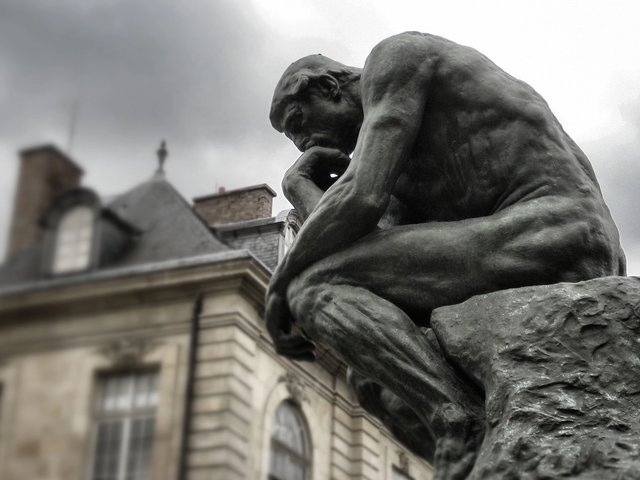Shocked by recent scandals involving fake Giacometti and Rodin works (see The Art Newspaper No. 14, January 1992, p. 1 and No. 17, April 1992, p. 1) and alarmed by the discredit being heaped on their profession, France’s fourteen leading bronze founders have met in Paris under the auspices of their professional union, the Syndicat Général de Fondeurs de France, to discuss means of combating forgery. The Syndicat concluded that French legislation is incomplete in its definitions of reproductions and forgery. “There are multiple problems due to the fact there is a legal vacuum in many cases and little to distinguish between a genuine cause of fraud and someone buying in good faith. What we need is a charter informing the client exactly what he is buying”, a spokesman for the Syndicat said. The fourteen founders decided to work towards a text in collaboration with gallery owners and auctioneers and submit it to the French government, within the next few months if possible, in order for it to become law. One possibility being envisaged is the creation of a document giving a detailed description of a sculpture which would accompany the work whenever it was sold. As workmen are just as skilful now as at the turn of the century, it is almost impossible to distinguish a recently produced bronze from one cast during the artist’s lifetime, the Syndicat spokesman said. “We want to bring morality to the production of bronzes. The buyer of a bronze often does not know what he is buying. Copies should be bought at their real market price. A six-month old Rodin should not be sold for as much as one the artist himself made. Things are even worse outside France—there is practically no European legislation on the subject”, the Syndicat spokesman said.
Fakes & copiesarchive
Following the Rodin fakes scandal French bronze founders act to protect their good name
The Syndicat concluded that French legislation is incomplete in its definitions of reproductions and forgery
31 May 1992


